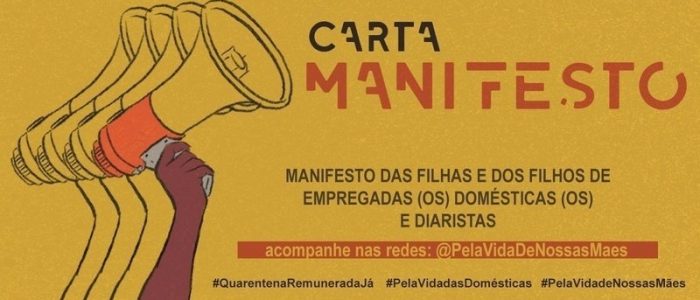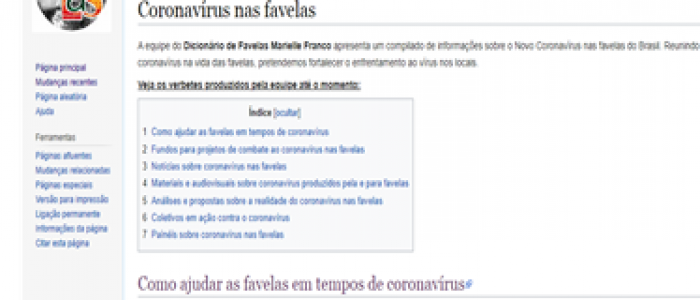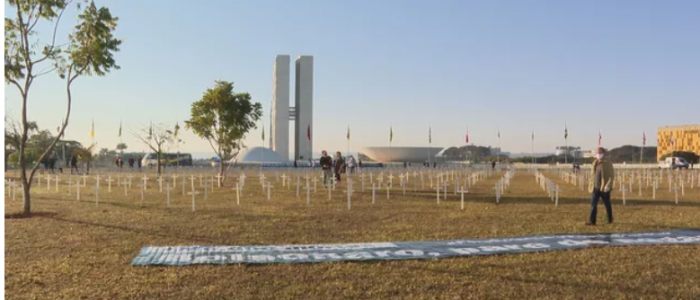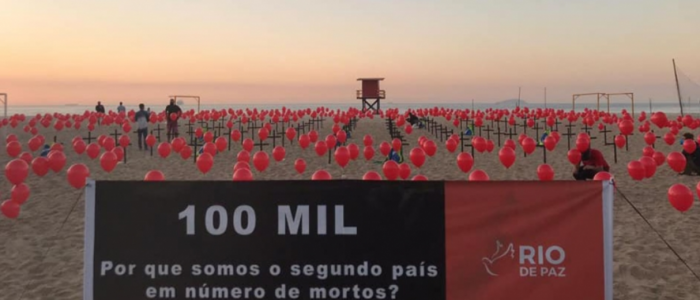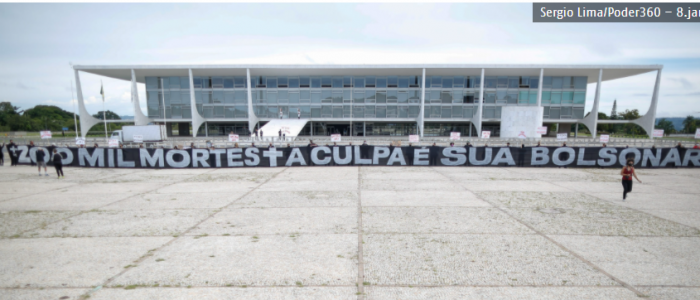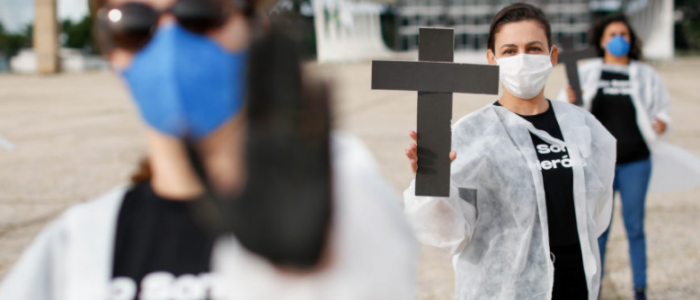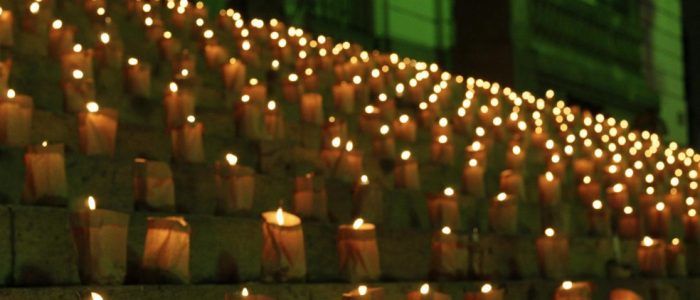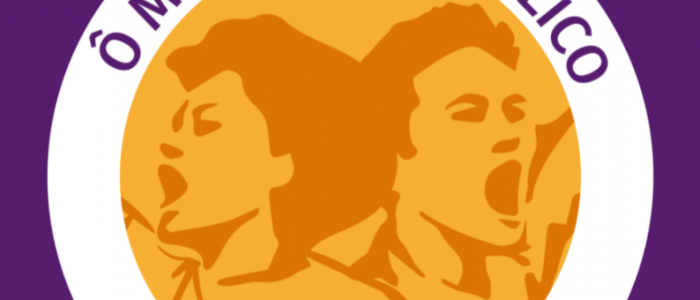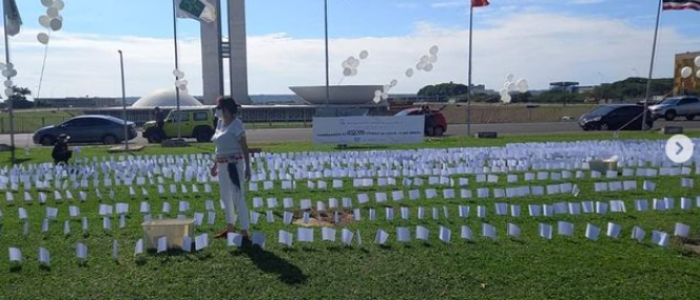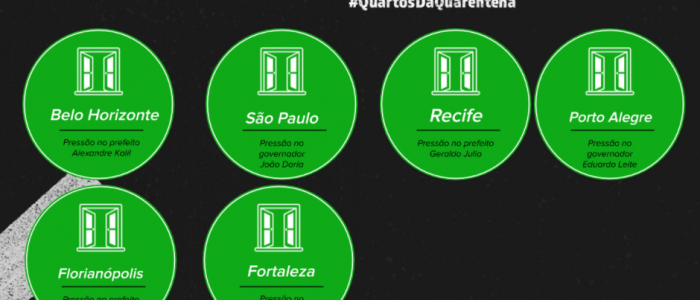O “Nós, mulheres da periferia”, um coletivo jornalístico independente, formado por jornalistas moradoras de diferentes regiões periféricas da cidade de São Paulo, está engajado no enfrentamento à COVID-19. O website do coletivo abriga uma variedade de análises que destacam como a pandemia afeta desigualmente a periferia, como os riscos de exclusão do ensino à distância, os limites do acesso a bens culturais, o uso do transporte público e uma série especial sobre Racismo Ambiental: mulheres indígenas e quilombolas na proteção de seus povos contra o COVID-19.
- Grupos mobilizados: Coletivos, Indígenas e Quilombolas, Mulheres
- Tipos de mobilização: Catálogos, Observatórios e Mapas, Periferias Urbanas




